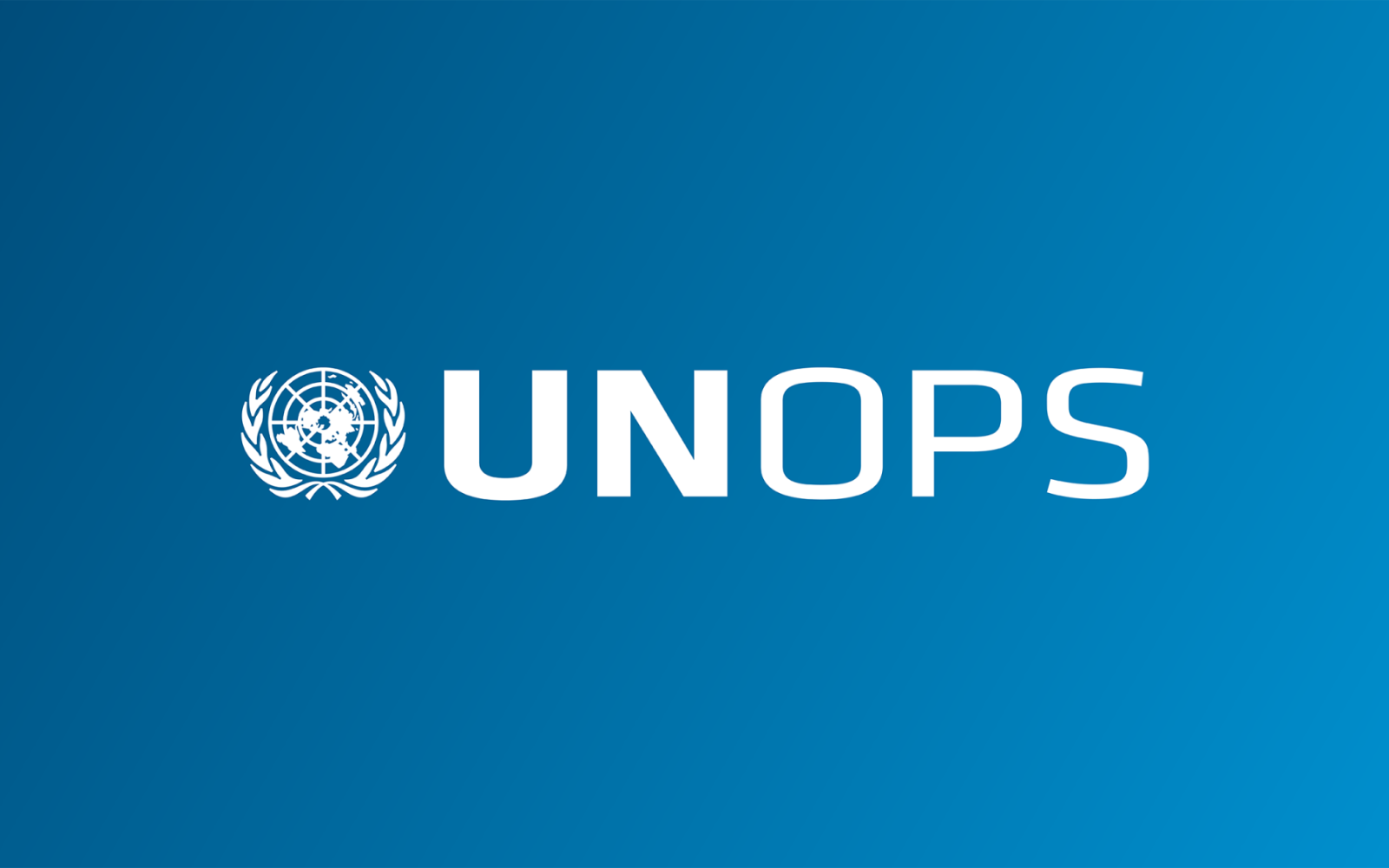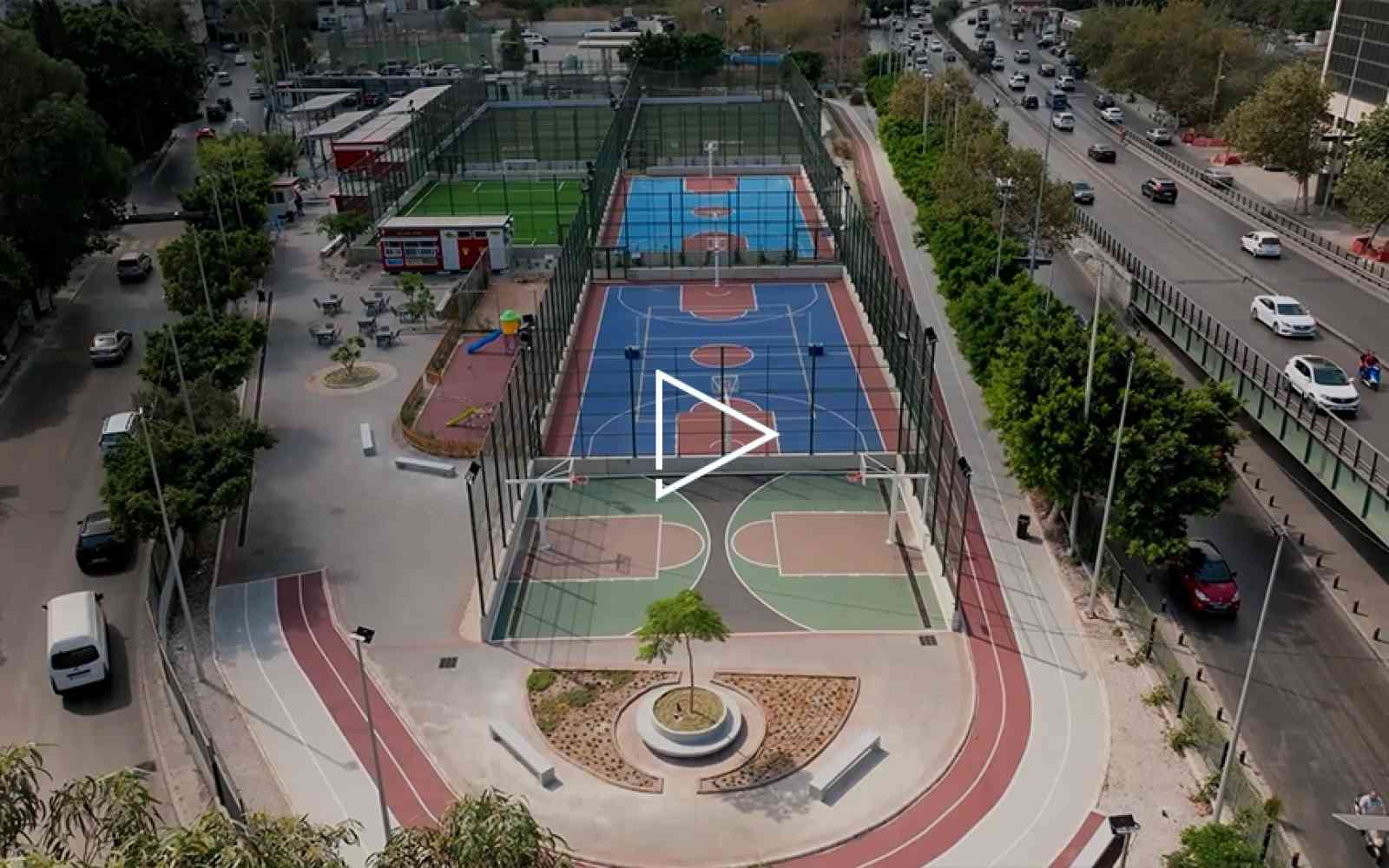The United Nations Office for Project Services (UNOPS)
Towards a greener future in Lebanon
A government-led initiative in Lebanon to improve waste management and promote a circular economy will advance its commitments to biodiversity protection and pollution reduction.
Lebanon faces a growing environmental crisis fueled by the open dumping and burning of waste, which releases hazardous pollutants into the air. These pollutants – known as unintentional persistent organic pollutants (UPOPs) – pose serious risks to human health and the environment.
This problem has been exacerbated by recent conflict, which has severely damaged infrastructure – including waste management facilities and collection systems – further collapsing an already fragile waste sector.
To help, Lebanon’s Ministry of Environment is implementing an initiative that aims to combat harmful emissions from the open burning of solid waste; improve recycling and sorting efforts; reduce open dumping and open burning of waste through the adoption of an integrated solid waste management approach; and ultimately, protect the health of communities and the environment across the country.
Under direction from the Ministry of Environment, the ‘Reduction of unintentional persistent organic pollutants (UPOPs) through waste management in a circular economy’ project is supported by a grant from the Global Environment Facility through the World Bank. UNOPS will implement three out of four components.
“Despite mounting challenges, Lebanon has made progress in developing a solid legal basis for integrated solid waste management and a draft National Strategy based on the principles of circular economy,” said Jean-Christophe Carret, World Bank Country Director for the Middle East Department.
“Going forward, Lebanon needs to enforce this legal framework to advance the sector’s reform to ensure the sustainability of operation of needed infrastructure and at the same time create green jobs,” added Jean-Christophe Carret.
The project advances legal and institutional reform in the solid waste sector by establishing a National Solid Waste Management Information System, rehabilitating five air quality monitoring stations, and developing standards for six recyclable products to promote a circular economy.
Lebanon’s Minister of Environment, Tamara El Zein, said: “In the face of unprecedented crises, Lebanon’s commitment to environmental resilience is not just a responsibility, but a pathway to sustainable recovery.”
Together, we must restore our natural resources, ensure better waste management, and reduce pollution to protect the health and future of our communities, while honouring our global environmental commitments.
Work is currently underway to update the National Implementation Plan for Persistent Organic Pollutants, which will outline strategic priorities for phasing out the use and generation of these harmful substances. In addition, the project is conducting assessments of open dumps to revise its 2017 master plan for waste management, with a specific focus on integrating the management of construction and demolition waste arising from the recent conflict.
“Waste management and circular economy approaches could support Lebanon’s national efforts to reduce greenhouse gas emissions and ultimately contribute to mitigating climate change in the country,” said Muhammad Usman Akram, Director of UNOPS Multi-Country Office in Amman.
“This initiative shows the significance of multi-stakeholders engagements and collaboration in addressing complex environmental issues,” he added.














